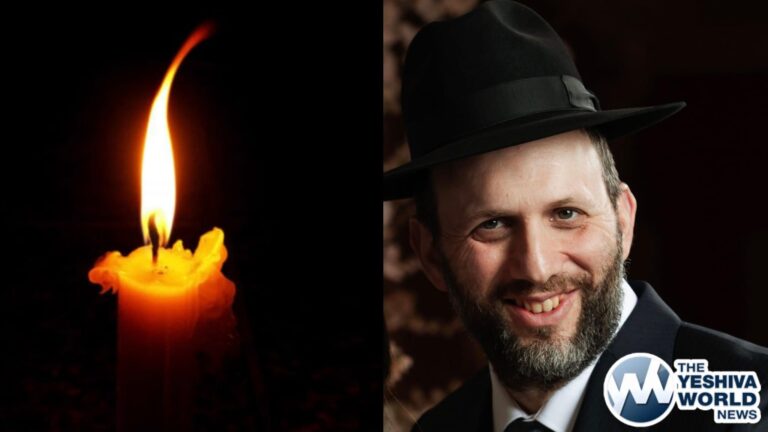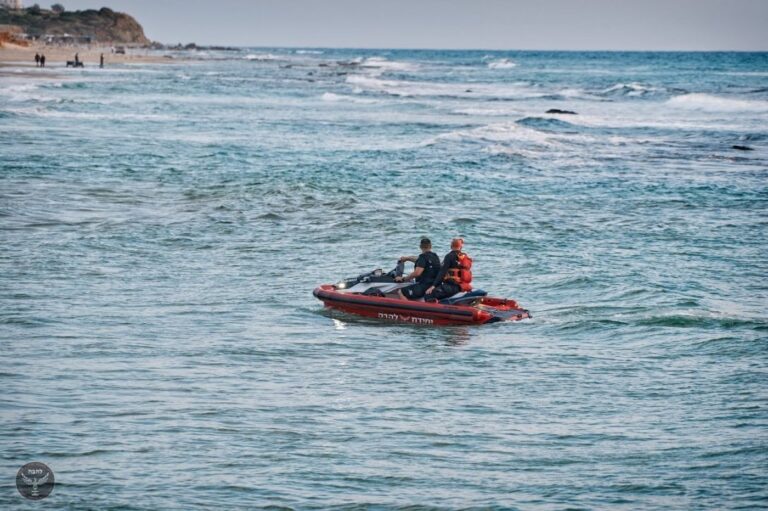U.S. Sen. Dianne Feinstein trounced a field of 31 competitors in California’ primary, while a Democratic state senator promising generational change struggled to take second place in a bid to replace her.
“I’m running for the United States Senate to protect California in what are difficult and contentious times,” Feinstein said in a video from Washington, where she spent Tuesday’s primary night.
With nearly 3 million votes counted as the day closed, Feinstein held about 44 percent. Fellow Democrat Kevin de Leon, the heavy favorite to finish second, trailed at nearly 11 percent, less than 100,000 votes ahead of little-known Republican James Bradley. Millions of ballots remained uncounted and could be for days.
A Feinstein-de Leon general election would be California’s second U.S. Senate contest featuring two Democrats. In 2016, then-state attorney general Kamala Harris defeated U.S. Rep. Loretta Sanchez.
Regardless of her challenger, Feinstein is the heavy favorite. She’s one of the most well-known politicians in California and has a sizeable war chest to communicate her message.
While de Leon, the former state Senate leader, is considered Feinstein’s most credible challenger, he’ll have an uphill battle should he make it through the primary. He stopped short of declaring second place Tuesday night, but in a sweeping speech to supporters, he outlined his pitch for the fall: Feinstein is too entrenched in Washington to fight for liberal interests and too old to serve another term.
She was first elected to the Senate in 1992, and at 84, Feinstein is the chamber’s oldest member. She would turn 90 in her next term.
“We decided to give voters a real choice — between new ideas and the same old, same old,” he declared, later adding, “this race is a fight for California’s future.”
Bradley, meanwhile, said he felt strong as the results rolled in. A second place showing for Bradley would be an upset. He’s never held elected office and raised less than $5,000 in his campaign.
Feinstein, for her part, argues that her seniority in Washington gives her the clout to advocate effectively for California. She is the top Democrat on the U.S. Senate Judiciary Committee and has considerable clout in the chamber.
She’s highlighted her successful 1994 effort to ban assault weapons, which has since expired, and legislation to protect the environment as evidence that she understands Californians’ priorities. She pledged in her victory statement to fight for a federal minimum wage of $15 per hour, women’s reproductive rights and universal health care.
While her support is strong, some party activists have chaffed at Feinstein in recent months, particularly after she said last fall that Donald Trump “could be a good president.” Activists denied her the California Democratic Party’s endorsement in February, highlighting frustrations among some of the most liberal members about her interactions with Trump and stance on issues such as immigration.
De Leon sought to seize on that vulnerability by making the case that he better represents California’s values in the Trump era.
Sue Regan, a 66-year-old retired psychiatrist, said she voted for de Leon because Feinstein is “too old” and too conservative on certain issues.
“Feinstein’s time is up,” said Regan, a registered Democrat from Sacramento. “I know that Kevin de Leon would not have the power that she has in the Senate, it would take him some time to develop that, but I think he’s very liberal, and I support the causes that he does.”
But Feinstein’s age didn’t stop 82-year-old Jay Smith, a registered Republican, from casting his vote for her.
“I went to Stanford and so did Dianne Feinstein,” he said. “I don’t care how old she is.”
(AP)











